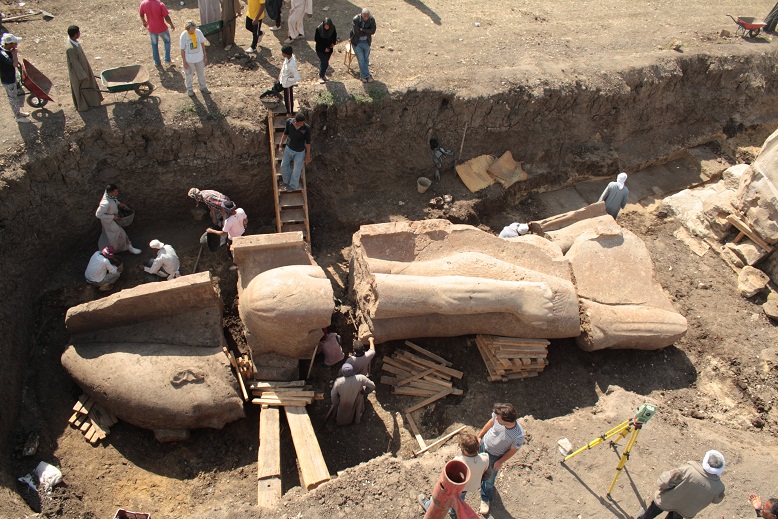In the Al-Darb Al-Ahmar district of Historic Cairo, the House of Art and Culture (DAR), adjacent to the perimeter wall of the Al-Azhar Park, is surrounded by dozens of small workshops that are mainly dependent on child labour.
Aiming to help the young in this unprivileged area to have a better future, the DAR opened the Darab Ahmar Art School (DAAS) in 2010, a non-profit project that requires neither fees, education qualifications, nor social prerequisites for boys and girls aged 12 to 18 to empower them to have alternative job opportunities other than manual labour.
“Our main goal is to help students study music and find suitable jobs with good salaries for the graduates,” said Ashraf Kenawy, general manager of the DAR.
Most of the young people in Al-Darb Al-Ahmar and surrounding areas are working as mechanics, carpenters, plumbers, deliverymen, blacksmiths, or in small plants, Kenawy told Xinhua, stressing that his goal is “to take the students away from difficult manual labour careers by rescuing them from child labour and guiding them to work as musicians.”

Some 300 students have graduated since the inception of the Darab Ahmar Art School, and a good number of them have joined music bands performing in hotels of resort cities or worked for famous singers.
Mohamed Magdy, a 21-year-old drummer who graduated from the DAAS in 2019, now works for famous singers with an income that has increased four times from three years ago.
Besides, Magdy joined an institute of commerce in addition to playing drums, as the DAAS has also encouraged its students to continue their academic education.
Magdy’s success inspired other youngsters to go to the school, and among them is 18-year-old Sayed Aly, who is also a professional drummer now. Aly has participated in three concerts so far this year.
“The music changed my mindset and took me away from street troubles in my densely populated neighbourhood, where many are idle, illiterate, or working in very hard jobs,” said the young man who felt very mixed up about his future before attending the school.

Amira Elsebaai, executive manager of the DAR, revealed that it used to be difficult to convince parents to send their children to a music school. However, after being invited to the children’s performances, the parents changed their views.
Elsebaai explained that students can study for two years in the school based on their levels, majoring in one of the various musical instruments, including drums, brass instruments, trumpets, oud, accordions, and many others, and a new department for singing is to be opened in September.
She noted that the school targets an intake of 120 students every year, but some cannot complete the courses after enrollment, primarily because they have to seek jobs to support their needy families.




